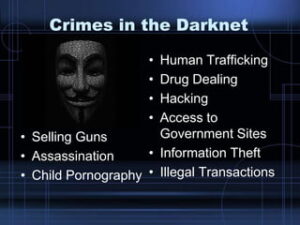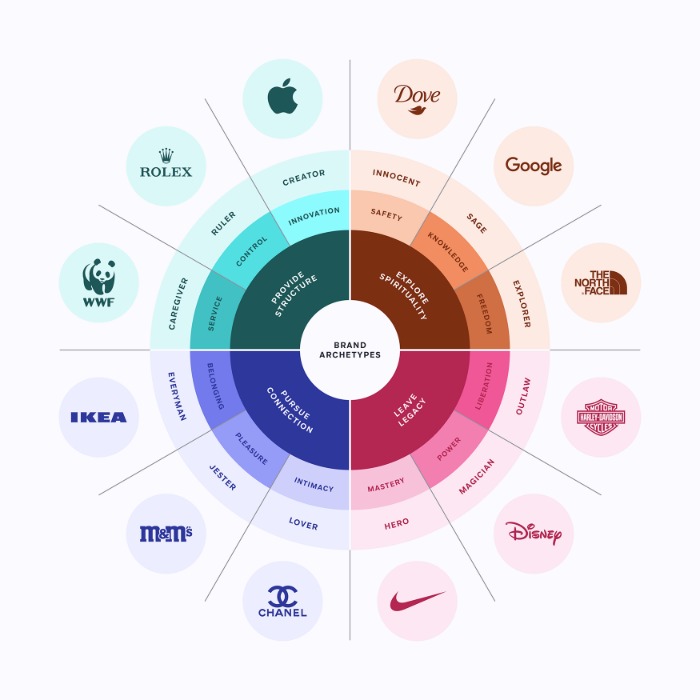
Successful operation depended on concurrent action in multiple countries in order to prevent the criminal network from escaping or destroying evidence. It offers complete, real-time data protection against viruses, worms, spyware, Trojans, zero-day exploits, ransomware, rootkits, and other digital intrusions. Its key features include network threat prevention, behavioral detection for active apps, cryptomining protection, ransomware protection, and AI-fueled scam detection.
With over ~600,000 users and ~3,200 vendors, the platform facilitated transactions involving cocaine, meth, MDMA, and other narcotics. By its final days, it had moved an estimated $~250–290 million in illicit goods, making it a titan among darknet marketplaces. In a major blow to the online drug trade, law enforcement agencies across Europe and the U.S. have taken down Archetyp Market, one of the most active and profitable dark web drug markets of the past five years. The scale of this operation mirrors a broader international initiative. Just a month earlier, Operation RapTor led to the arrest of 270 suspects from ten countries and the seizure of two tonnes of drugs, €184 million in cash and crypto, and 180 firearms.
These included an advanced encryption program known as “Pretty Good Privacy” and a cryptocurrency called Monero. Unlike Bitcoin, which records every payment on a public ledger, Monero conceals all transaction details by default which makes them nearly impossible to trace. The durability of these markets tells us that if policing responses keep following the same playbook, they will keep getting the same results. And by focusing so heavily on these hidden platforms, authorities are neglecting the growing digital harms in the spaces we all use.
Archetyp Vendor Vetting Protocol
After spending a decent amount of time clicking around, I closed Tor and stepped away. It’s unsettling to witness such blatant criminality wrapped in a slick interface, and it’s easy to get lost in the technical and organizational aspects while forgetting the human cost. This isn’t just some edgy corner of the internet; it’s a real marketplace that catalyzes real harm. Archetyp Market operated for more than five years, numbering more than 600,000 users, and amassing a total transaction volume of more than $280 million. By the time it was dismantled, it had more than 17,000 listings, Europol claims. Europol said a large-scale operation saw it dismantle Archetyp Market, described as a “drug marketplace” that allowed, among other things, the sale of fentanyl, one of the most dangerous synthetic opioids out there.
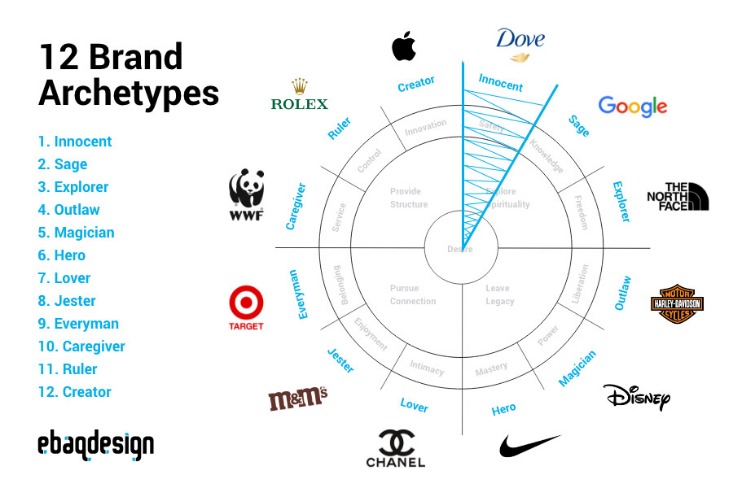
Newsletter
Europol and Eurojust played key roles in coordinating efforts and sharing intelligence, leading to a major blow against one of the most active dark web drug markets. According to Europol, the resulting takedown took place between June 11 and 13, with the goal of “targeting the platform’s administrator, moderators, key vendors, and technical infrastructure” across the European continent. “Around 300 officers were deployed to carry out enforcement actions and secure critical evidence,” the agency added. Jean-Philippe Lecouffe, Europol Deputy Executive Director of Operations, emphasized the broader significance of the takedown. “Thanks to this takedown, law enforcement has dismantled one of the dark web’s oldest-standing drug marketplaces, cutting off a substantial supply chain for some of the world’s deadliest drugs,” he stated.
From June 11–13, 2025, Operation Deep Sentinel, led by Germany’s BKA and supported by Europol, Eurojust, Homeland Security Investigation (HSI) and law enforcement from five other countries, executed a coordinated takedown. Servers were seized in the Netherlands, digital assets frozen, and the suspected site administrator, a 30-year-old German, was arrested in Barcelona. In addition, authorities confiscated millions in cryptocurrency, luxury vehicles, phones, and drugs in sweeping raids.
User-Friendly
Europol’s Deputy Executive Director of Operations, Jean-Philippe Lecouffe, called the takedown a decisive strike against a platform that had become a critical node in the global supply chain for some of the world’s most dangerous substances. Silk Road, AlphaBay, WallStreet and Monopoly Market are all familiar names in the digital graveyard of the dark web. Before these dark web marketplaces were shut down, they sold a range of illegal products, from drugs to firearms.
Staying Protected Against Digital Intrusions
Within weeks, Abacus vanished in what many believe to be an exit scam. Archetyp was more than just the next online drug market to fall, having absorbed much of the vendor traffic displaced by earlier market closures. Following the collapse of illegal dark web marketplace Monopoly Market in late 2023, which was widely suspected to have been the result of law enforcement action, the European dark web community entered a brief period of disarray. Vendors migrated to unstable alternatives such as Incognito and Bohemia, but none of these managed to consolidate trust or operational continuity. The other emerging issue is that current policing efforts treat dark web markets as the core threat, which might miss the wider landscape of digital harms. Illicit drug sales, for example, are promoted on social media, where platform features such as recommendation systems are affording new means of illicit drug supply.
- Your details from Facebook will be used to provide you with tailored content, marketing and ads in line with our Privacy Policy.
- The cryptocurrency Monero (XMR) is particularly difficult to trace, unlike Bitcoin.
- Through the use of TOR technology, you may conceal your identity as an online user.
- When Archetyp, one of the largest and oldest dark web drug markets, was dismantled in June 2025, the authorities framed it as a ‘severe blow’ to European organized crime.
Explore The Products
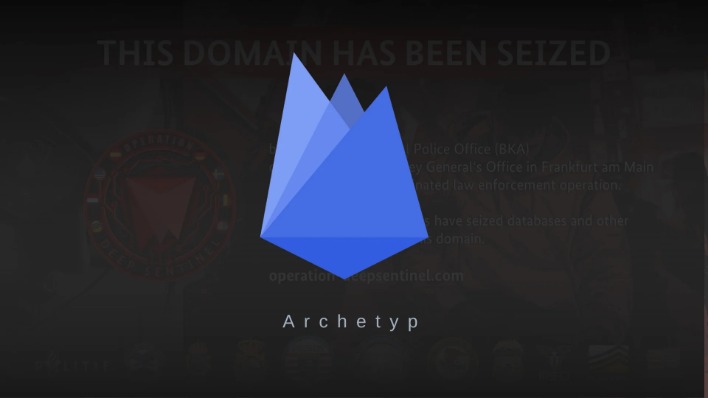
Archetyp’s takedown adds to a growing list of darknet markets shut down by international task forces in recent years. Like Dream Market and Silk Road before it, Archetyp had gained a reputation within criminal circles for its reliability and scope. Authorities say its removal will have a big impact on online drug trafficking networks, at least temporarily. The closure of Archetyp Market will likely trigger a temporary disruption in darknet drug supply chains, but it won’t end darknet drug trafficking altogether. Other markets will emerge to fill the gap, possibly adopting more sophisticated security measures to avoid detection.
- Led by Germany’s Federal Criminal Police Office (BKA) with support from the Netherlands and the Czech Republic, the operation extended to Spain, Sweden and Romania.
- Meanwhile, users of Archetyp began noticing the site’s main domains were down last week, causing some to suspect the site was facing trouble.
- “With over 17,000 listings, it is one of the few darknet markets that allowed the sale of fentanyl and other highly potent synthetic opioids, contributing to the growing threat posed by these substances in Europe and beyond,” Europol said.
- The digital underworld has witnessed a major blow with the recent dismantling of Archetyp Market, one of the longest-operating darknet drug markets.
- Fill out the form to speak with our team about investigative professional services.
Wearable Tech Under Fire: Which Devices Protect Your Data And Which Ones Sell It?
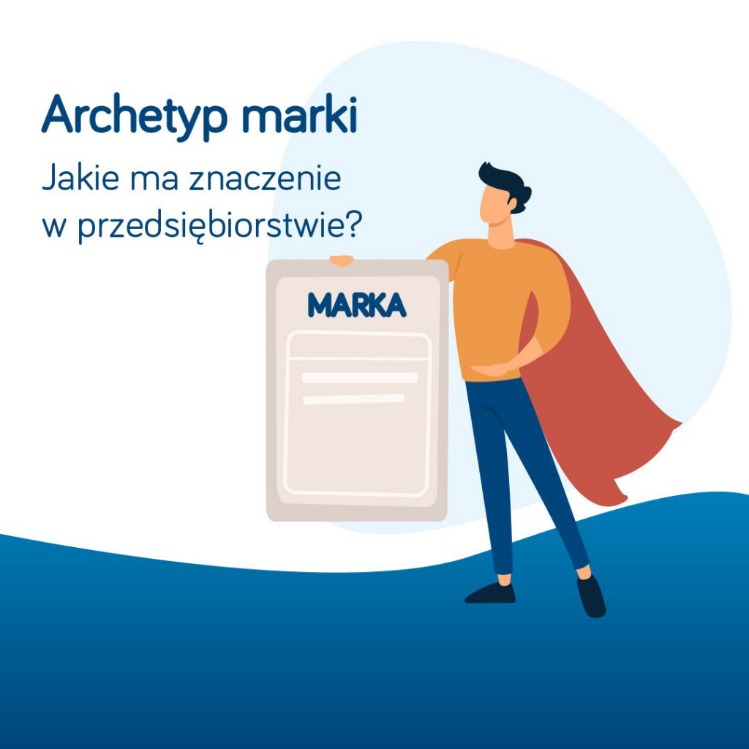
PCMag is obsessed with culture and tech, offering smart, spirited coverage of the products and innovations that shape our connected lives and the digital trends that keep us talking. Aside from the banner, which bears the logos of participating agencies, authorities also published a video to amplify the operation’s visibility. Visitors to the Archetyp Market website are now greeted by a banner detailing the takedown. The dark web is a collection of sites that are not indexed by search engines and can only be viewed with specialized web browsers designed to provide privacy and anonymity. Many sites specialize in selling illegal goods that are not readily available on the public internet. The market’s takedown came after years of effort from Germany, Netherlands, Romania, Spain, Sweden and the United States.
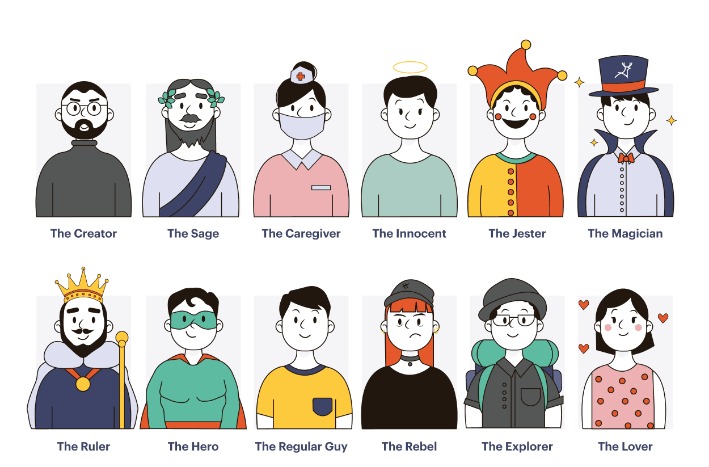
An international law enforcement operation led by Europol dismantled Archetyp Market, the most enduring dark web marketplace. The marketplace enabled the anonymous trade of illicit drugs, including cocaine, MDMA, amphetamines, and synthetic opioids. Archetyp Market operated as a drug marketplace for over five years, amassing more than 600,000 users worldwide with a total transaction volume of at least €250 million. With over 17,000 listings, it is one of the few darknet markets that allowed the sale of fentanyl and other highly potent synthetic opioids, contributing to the growing threat posed by these substances in Europe and beyond. The digital underworld has witnessed a major blow with the recent dismantling of Archetyp Market, one of the longest-operating darknet drug markets.

In the case of Nemesis Market — another platform covered in TRM’s reporting — US authorities sanctioned an Iranian national linked to more than USD two million in cryptocurrency transactions involving narcotics, stolen data, and illicit services. That case, like Archetyp, demonstrates how darknet infrastructure is often transnational, technically sophisticated, and deeply intertwined with the global financial system. Archetyp Market has emerged as one of the most resilient darknet marketplaces, prioritizing security, anonymity, and user-controlled transactions. Unlike traditional markets that rely on centralized escrow, Archetyp darknet enforces Multisig (2-of-3) payments by default, significantly reducing exit scams and admin theft. Archetyp market Designed for privacy-conscious buyers and vendors, the market operates exclusively as a Tor-based service (.onion), with no clearnet presence or risky mirror links. The site had attracted more than 600,000 users worldwide, raking in at least €250 million ($290 million) in transactions.
Approximately 300 officers were deployed to secure digital evidence, seize assets, and arrest key suspects. The takedown was led by German authorities, with Europol and Eurojust facilitating intelligence sharing, operational coordination, and legal cooperation across borders. In a decisive international crackdown, law enforcement agencies from six countries have dismantled Archetyp Market — a notorious darknet drug marketplace that operated under the radar for over five years.
The joint operation is a significant victory over drug peddling on the web, closing down a criminal enterprise that has been operating for over five years and enabled hundreds of millions of euros’ worth of illicit narcotics to be sold. Opponents of strict dark web policing sometimes argue that such operations drive criminal activity to even more hidden or encrypted platforms, making detection harder. They may also raise privacy and surveillance concerns, warning that aggressive cyber policies risk collateral impacts on online freedom and legitimate users of anonymity technologies.
Authorities took offline the marketplace’s infrastructure in the Netherlands and seized assets totaling €7.8 million. The downfall of Archetyp came at the hands of Bazaar, a more secure and efficient darknet marketplace. Bazaar had been rapidly expanding its features, offering better security, greater user experience, and more stable operations. With powerful DDoS protection, multiple mirrors, and unmatched vendor networks, Bazaar quickly became the dominant player in the market. Beyond the administrator, the arrest of vendors and moderators shows an intent to not just decapitate the leadership, but disrupt the broader ecosystem.

